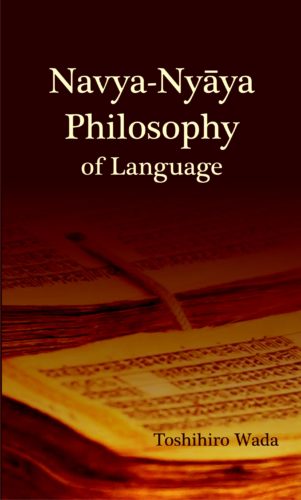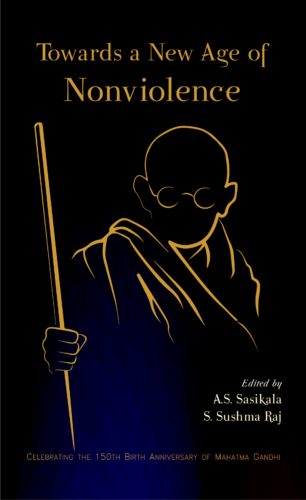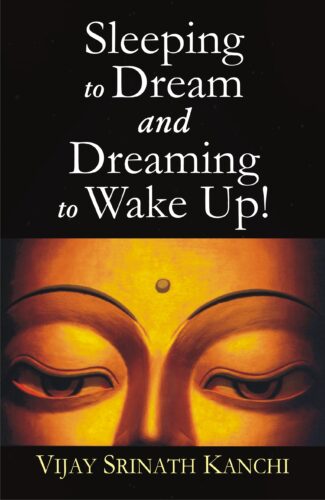-


Emptiness and Becomi...
Emptiness and Becoming
Integrating Madhyamika Buddhism and Process Philosophy by: Peter Paul KakolThe book presents a detailed comparison of process philosophy and Màdhyamika Buddhism, analysing the similarities and differences between the two. It attempts a creative integration between the two and introduces a new philosophy, Process Buddhism.
₹855.00
ISBN: 9788124605196
Year Of Publication: 2009
Edition: 1st
Pages : xxiv, 423
Bibliographic Details : Bibliography; Index
Language : English
Binding : Hardcover
Publisher: D.K. Printworld Pvt. Ltd.
Size: 23
Weight: 800
The book presents a detailed comparison of process philosophy and Madhyamika Buddhism, analysing the similarities and differences between the two. It attempts a creative integration between the two and introduces a new philosophy, Process Buddhism. Process thought underscores the view that reality is a cumulative process of perspectival and experiential events. Peter Kakols work, in a remarkable foray into this area of philosophy, shows that the Madhyamika teaching, which essentially stresses the emptiness of emptiness, and process theory of worldviews are not incompatible with each other but are rather complementary aspects of the same theory.
In this meticulous work where the analysis involves careful exposition of both sides, Kakol notes that the fundamental compatibility between them is that both views become contradictory if seen as independent and so must be constantly transcended in a process of gradual purification and de-reification (or nominalisation). Kakol reveals an ability to situate process philosophy and Madhyamika Buddhism in the context of larger movements, both in their times of origin and now. He examines the views of not just Buddhist scholars and process philosophers but a range of social and political thought too.
The work will fascinate scholars and students of Process Philosophy and Madhyamika Buddhism.
Foreword
— Robert C. Neville
Preamble: Process Philosophy to Process Buddhism
— Purushottama Bilimoria
Acknowledgments
— Peter Paul Kakol
1. Introduction
2. Survey and Discussion
Review of Relevant
Literature Discussion
3. Process Philosophy
A Brief History of Categories
Hartshornes Creative Synthesis of the Categories
The Dual Transcendence of the Divine
Process Thought and Post-modernism
4. Madhyamika Philosophy
Introductory Exposition of Madhyamika Philosophy
Eastern and Western Interpretations of Madhyamika
Some Comparisons of Madhyamika with Western Philosophies
5. The Process Critique of Madhyamika
Non-process Critiques of Madhyamika
Process Philosophys Response to Madhyamika
Analysis and Response to These Critiques
6. The Madhyamika Critique of Process Philosophy
Eternal Objects, Metaphysics, and God
Deconstruction of the Categories
Actual Occasions and Dharmas
The two Becomings
Some Remaining Issues
7. Creative Emptiness and the Empty God
Creativity in Process Philosophy
Emptiness in Madhyamika
A Theory of Creative Emptiness
God and Creative Emptiness: Same or Different?
The Status of God
8. Integrating Madhyamika and Process Thought
The two Ultimates and the two Truths
The Trinity and Beyond
Deconstruction and Diagonalization
The two Immanent Transcendentals
A Logical Framework Integrating Process Semantics and Negative Dialectics
9. Practical Applications: Dialogue and World-views
Madhyamika-process Dialogue and a General Theory of Dialogue
A General Theory of World-views Based on Process Buddhism
10. Practical Applications: Ethics and Social Engagement
Liberating Praxis or Ideology?
A Process Buddhist Ethics
A Socially Engaged Process Buddhism
11. Conclusion
Bibliography
Index







